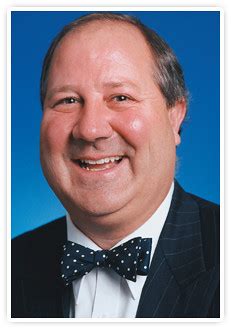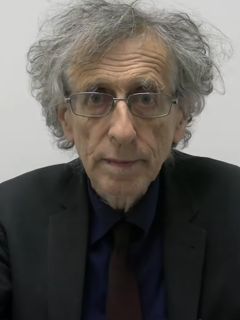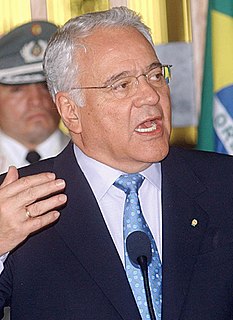A Quote by Steven F. Hayward
... we cannot rule out the possibility that the changes of recent decades are part of a natural rebound from the 'Little Ice Age' that followed the medieval warm period and ended in the 19th century.
Related Quotes
The most active period of the witchcraft trials coincides with a period of lower than average temperature known to climatologists as the "little ice age"...In a time period when the reasons for changes in weather were largely a mystery, people would have searched for a scapegoat in the face of deadly changes in weather patterns. 'Witches' became target for blame because there was an existing cultural framework that both allowed their persecution and suggested that they could control the weather.
The 19th century Mormons, including some of my ancestors, were not eager to practice plural marriage. They followed the example of Brigham Young, who expressed his profound negative feelings when he first had this principle revealed to him. The Mormons of the 19th century who practiced plural marriage, male and female, did so because they felt it was a duty put upon them by God.
Making this movie as a period piece about a period that was very recent in people's minds. I was in Taiwan [during the 1970s], so I hope I did all right. Otherwise, it could be the biggest embarrassment of my life. Also, the story is not linear, it's patchy, like a cubist painting, and there is always the possibility it will not hold together, it will fall apart. The tone is part satire, part serious drama, part tragedy, all mixed together, and it has to hit an emotional core. That's also very scary.
I was born and spent my first five years in Chester, an ancient city that retains some of its Roman walls and fortifications and contains a great medieval cathedral, as well as Tudor, Stuart and early 19th century architecture. Visiting these things was free, and my parents - who had little money - made the most of this.
Now, as Mandelbrot points out, ... Nature has played a joke on the mathematicians. The 19th-century mathematicians may not have been lacking in imagination, but Nature was not. The same pathological structures that the mathematicians invented to break loose from 19th-century naturalism turn out to be inherent in familiar objects all around us.
I was really interested in 20th century communalism and alternative communities, the boom of communes in the 60s and 70s. That led me back to the 19th century. I was shocked to find what I would describe as far more utopian ideas in the 19th century than in the 20th century. Not only were the ideas so extreme, but surprising people were adopting them.



































